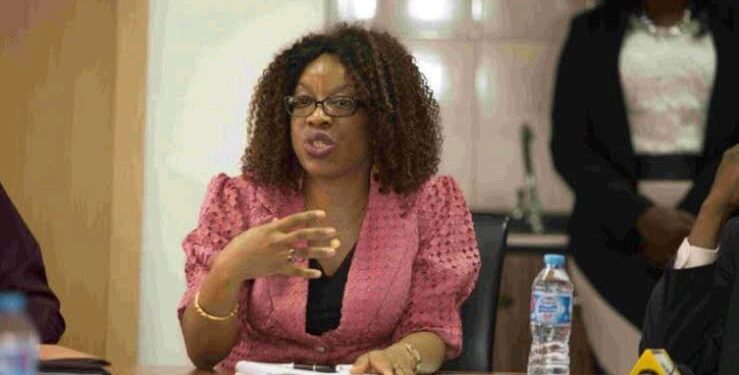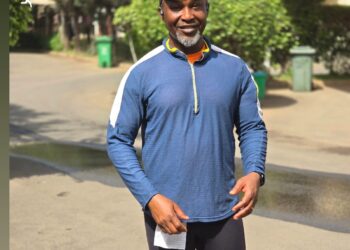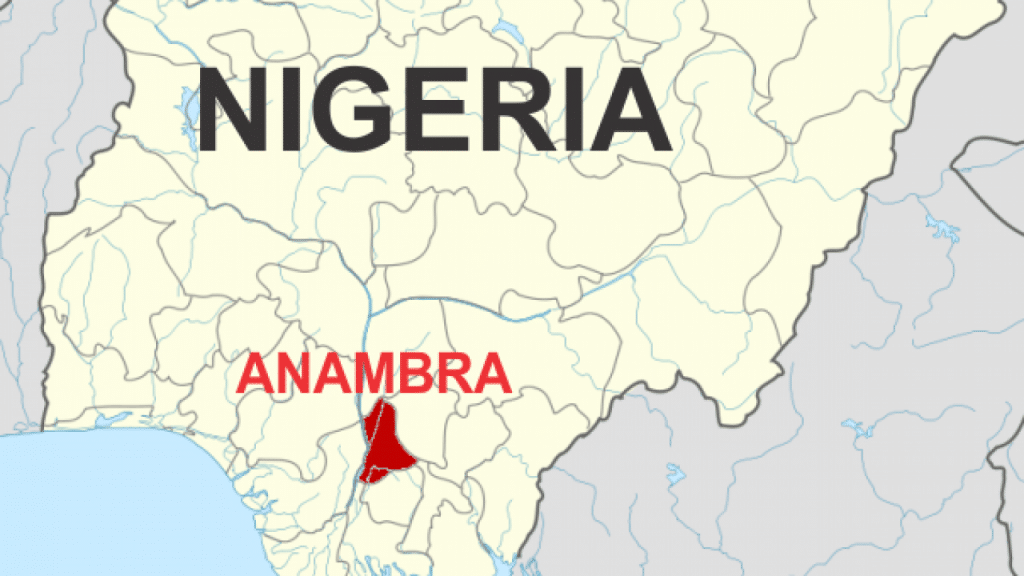According to Dr Marilyn Amobi while some people viewed Buhari as a stern and unapproachable leader—often mistaking his firmness for wickedness—those who worked closely with him knew that he also had a softer, more compassionate side.
The former Managing Director of the Nigerian Bulk Electricity Trading (NBET) Plc, explained that sometime before the completion of her tenure at NBET, she had received an unexpected phone call around 1 p.m. on Tuesday, September 26, 2017. The caller, claiming to be from the Presidential Villa, informed her that the President wished to see her immediately.
She was told to proceed to the Villa’s clearance gate, where someone would escort her directly to Buhari, who wanted to conclude a meeting with her before his scheduled departure by 2 p.m. to prepare for the Federal Executive Council meeting slated for the following day.

Dr. Amobi admitted she was terrified upon receiving the call, believing that the President intended to confirm her dismissal. She recalled that earlier that year, the Permanent Secretary of the Ministry of Power, Works, and Housing, Mr. Louis Edozien, had summoned her and informed her that the Acting President at the time, Prof. Yemi Osinbajo, had approved the termination of her appointment on certain grounds.
When she asked if the Minister of Power, Works, and Housing, Mr. Babatunde Fashola (SAN), was aware of the situation, she was told he was. Seeking clarity, she had requested a meeting with Mr. Fashola and a formal termination letter. Mr. Edozien had directed her to return later that day to meet with the Minister, which she did around 7 p.m. During their meeting, Mr. Fashola asked her to prepare and submit a summary of the lawsuits filed by distribution companies against the government, instead of discussing her dismissal. She noted that she had yet to receive any termination letter by the time she got the call from the Villa.
Dr. Amobi went on to describe how, upon arriving at the Villa, she waited briefly in an office shared by Ambassador Lawal Kazaure, Mohammed Sarki Abba, and Dr. Suhayb Rafindadi, before being ushered into the President’s office. She recalled that her knees were shaking as she entered, visibly frightened and frozen in place when the door opened. Observing her discomfort, President Buhari reportedly smiled, cleared his throat, and beckoned her forward, inviting her to take a seat beside him at a conference table.
She noticed that the President sat down next to her and placed two piles of papers on the table. The larger pile contained official documents, with one letter on top drawing her attention. It was a letter seeking presidential approval for NBET to sign transaction documents related to a US\$10 million partial risk guarantee from the World Bank for gas supply to the Calabar Generation Company Limited, a power plant under the Niger Delta Power Holding Company Limited.
The letter was dated March 2, 2017, and bore the President’s approval dated March 27, 2017. The smaller pile contained handwritten notes, which she later realized were in Buhari’s own handwriting—notes he had apparently made while reviewing the documents in the larger pile during the meeting.
Further talking, she said, “He sat down, looked at me and started laughing. I was so frightened. ‘My daughter, how are you?’ he asked, as he continued to laugh whilst looking at me. ‘I couldn’t answer.’ He continued: ‘I hear you are fed up with your job, the job you are doing for this country. You have too many troubles.’
“I told the President that now I had the rare privilege of seeing him, that I wanted to ask for one favour. And I told him that I was already tired of the job and was very concerned about my security and safety.
She recalled that President Buhari told her he believed the security threats she faced were likely due to the incorruptible stance she had maintained. He assured her that both for his own sake and on behalf of Nigerians, it was his responsibility to ensure her safety and that she always felt secure. She said the President promised to address the issue of her security swiftly and decisively, pledging to handle it with what he described as “military dispatch.”
“In closing, the President told me that whenever I needed to contact him, I should do so by sending him a message through Mohammed Sarki Abba and Malam Adamu Adamu, the then Minister of Education. Both of us laughed when I said something like: Your Excellency, are they your human telephones; and still laughing, he said yes!





